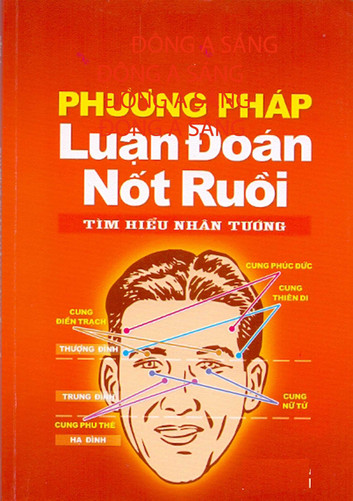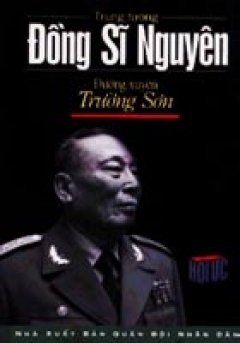From Dictatorship to Democracy: A Review
Gene Sharp’s “From Dictatorship to Democracy” is a seminal work on nonviolent resistance and its potential to bring about political change. Sharp, a political scientist and scholar of nonviolent action, lays out a comprehensive framework for understanding how nonviolent strategies can effectively challenge and overthrow authoritarian regimes.
Strengths:
- Comprehensive and well-researched: The book delves deep into the theoretical foundations of nonviolent resistance, drawing from historical examples and extensive research on social movements. Sharp analyzes various tactics, including civil disobedience, strikes, boycotts, and noncooperation, providing a detailed explanation of their mechanisms and effectiveness.
- Practical and applicable: Sharp goes beyond theory and offers practical advice on how to organize and implement nonviolent campaigns. He emphasizes the importance of meticulous planning, strategic thinking, and building a strong network of supporters.
- Historical context: The book provides a detailed overview of the history of nonviolent resistance, highlighting successful campaigns from around the world, such as the Indian independence movement and the fall of the Berlin Wall. These examples serve as compelling evidence of the power of nonviolent action.
- Timeless relevance: Despite being published in 1993, the book remains highly relevant in today’s world, where authoritarianism and oppressive regimes continue to pose a threat. The strategies outlined in the book can be applied to a wide range of situations, from challenging government policies to resisting systemic oppression.
Weaknesses:
- Oversimplification of complex issues: Some critics argue that Sharp’s framework oversimplifies the complexities of political transitions and underestimates the role of other factors, such as economic conditions and social structures.
- Potential for misuse: While intended as a tool for peaceful change, some critics express concern that the strategies outlined in the book could be used by extremist groups to achieve their own ends.
Overall:
“From Dictatorship to Democracy” is a groundbreaking and influential book that has contributed significantly to the understanding and practice of nonviolent resistance. While not without its limitations, it remains a valuable resource for anyone interested in exploring the possibilities of peaceful social change. Its comprehensive analysis, practical advice, and compelling historical examples make it a must-read for activists, scholars, and concerned citizens alike.
Recommendation:
This book is highly recommended for anyone interested in political science, social movements, and nonviolent action. It is a valuable tool for understanding how to effectively challenge authoritarian regimes and build a more just and equitable society.


 Đang tải dữ liệu
Đang tải dữ liệu





Chia sẻ ý kiến của bạn